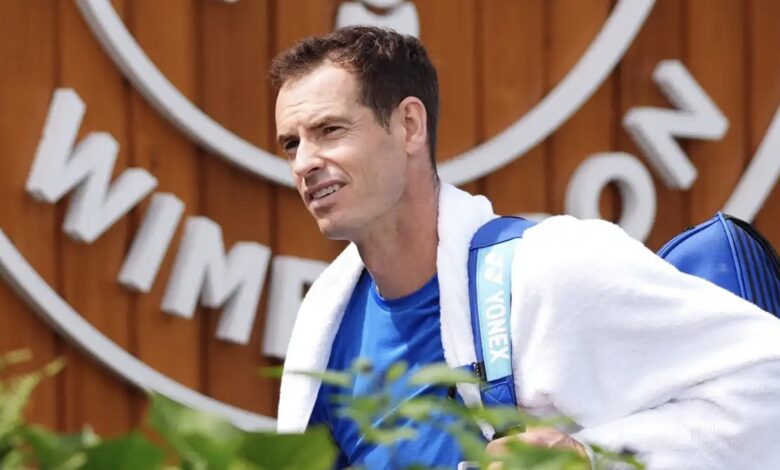Retiring was the toughest challenge of my sporting career. Here’s how Andy Murray can do it right

When you play sport at a high level, that sport is everything you know. It’s what you think of when you go to sleep and what motivates you to jump out of bed in the morning – the lure of the pitch or track or court. So, as an athlete who dedicated much of my life to playing rugby for England, I have a sense of how Andy Murray might be feeling.
Murray left it until the last minute to make his decision to retire from tennis. Asked what he hoped for from his final matches at Wimbledon this week, he said: “Maybe a bit of closure … I just want the opportunity to play one more time out there hopefully on Centre Court and feel that buzz.” I know that feeling very well. The support from the crowd and the country is like a drug. So, too, is the sense of purpose – the fight to be the best that you can be – and the sense of identity that a career in sport brings. Who are you if not the elite athlete who spends every hour planning and training? Who will he be if not the tennis player that the public know and love?
My retirement in 2011 was the toughest challenge of my England career. After the heartache of just missing out on World Cup glory in 2010, losing 13–10 to New Zealand in the final, I had to finish on something more positive. As the tennis player Anne Keothavong, who retired at 29, said this week: “You want to be able to go out on your terms – you don’t want that taken away from you. You want to know that you’ve left everything out there [and] you don’t have any regrets.”
I knew at the beginning of the Six Nations that I was going to retire, but when I told the squad the evening before our last game of the tournament I could hardly get my words out, such was the extreme emotion. Unfortunately, I was on the bench for most of that game, watching what seemed like the largest clock I had ever seen at the side of the pitch counting down the last minutes and seconds of my England career. Sport psychologists had been ever-present while I was a rugby international, but when I needed help the most, after I hung up my boots, I had to fend for myself.



